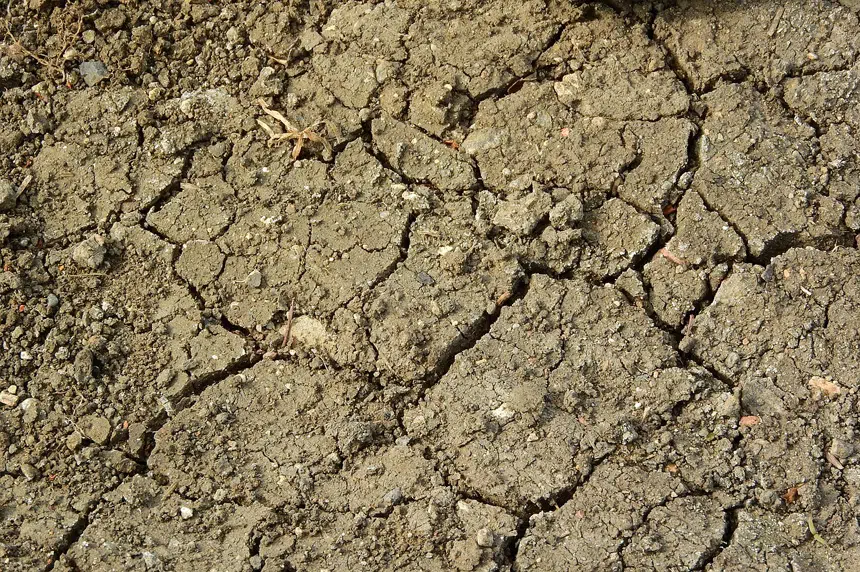Ranchers in Saskatchewan are getting some help to keep their herds together.
The province is putting $119 million into the AgriRecovery program to pay producers to maintain breeding stock. Under the 60-40 federal-provincial split called for in the Canadian Agricultural Partnership agreement, the federal government is being asked to provide an additional $178 million to the program.
The news comes as many producers are selling herds amid near non-existent feed and water supplies because of this summer’s drought.
“We are acting swiftly to support Saskatchewan producers in retaining their breeding herd,” Agriculture Minister David Marit said in a media release. “This program will provide immediate relief and help producers make decisions that are best for their operations.
“The livestock sector is a vital part of our agriculture industry, and a significant contributor to our provincial economy. We know producers are struggling and that is why we are taking action to support them during this challenging year.”
The plan is to start with an initial $100 per-head payment for breeding females, but that could get up to $200 a head if the federal government gets fully involved.
The Saskatchewan Crop Insurance Corporation (SCIC) would oversee the AgriRecovery program for Saskatchewan producers.
“Right from the start, the Saskatchewan Cattlemen’s Association recognized that the challenges of this drought are many and varied — water availability, water quality, feed for the short term and feed for winter among many others,” SCA chair Arnold Balicki said in the release. “That’s why we requested a per-head payment that will allow producers to manage their specific challenges.”
The lack of moisture and hot, dry weather through the summer have severely affected pastures and crops in the province. Dugouts are empty or have poor water quality due to a lack of spring runoff and a lack of rainfall.
Saskatchewan previously announced temporary increases in the maximum rebates for livestock producers under the Farm and Ranch Water Infrastructure Program for dugouts, wells and pipelines for agricultural use. Those rebates are increasing from $50,000 to $150,000.
In July, Saskatchewan also announced changes to the Crop Insurance Program to divert low-yielding crops to feed use.
“I encourage crop producers to consider how these changes could work for your operation or enable you to help a neighbour,” Marit said. “Across the province, there is a need for feed and straw this winter and, if you have feed, many websites and social media groups can connect you with livestock producers who are in need.”
Details on applications for the program will be released in the coming days.











